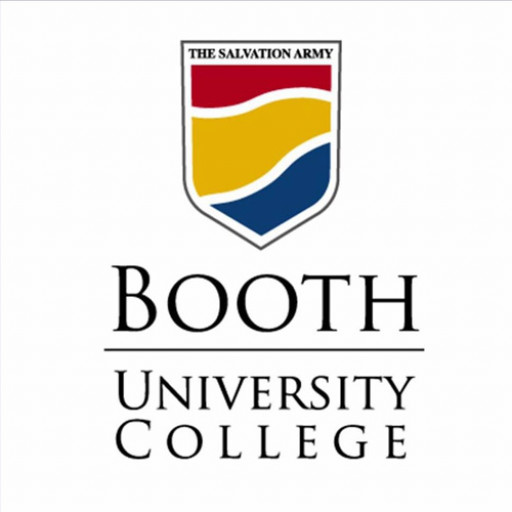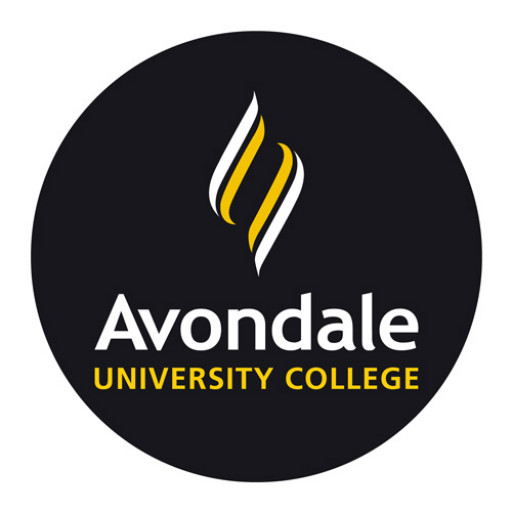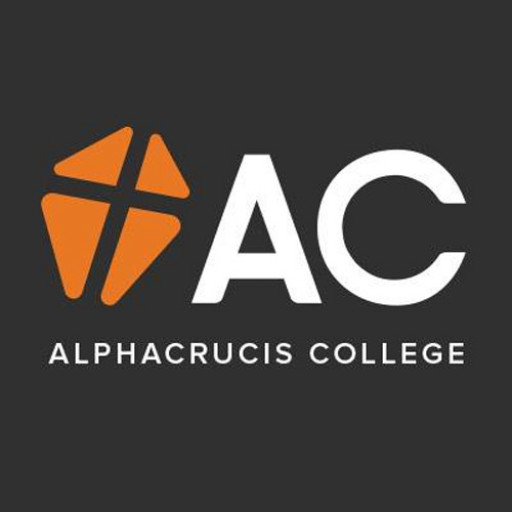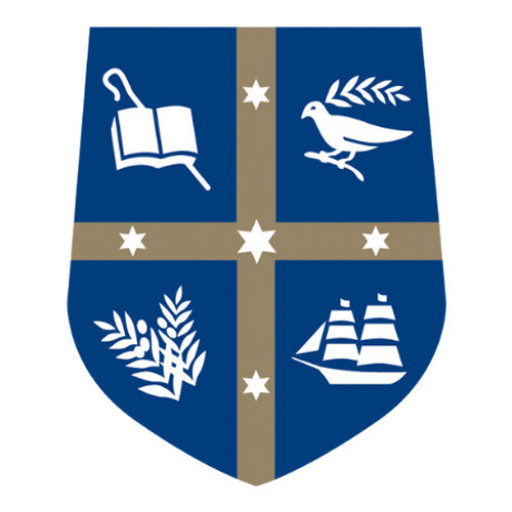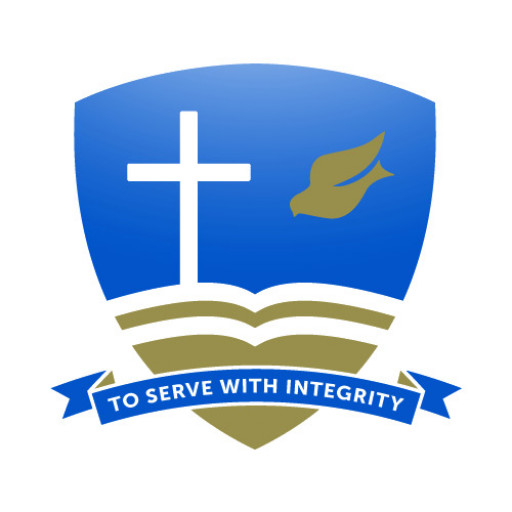The Bachelor of Theology course is a major undergraduate award which provides a systematic and comprehensive study of theology and related areas through a structure of classes and sub-majors.
Theology program at Booth College offers students a comprehensive exploration of religious beliefs, practices, and historical developments across various faith traditions. Designed to equip students with a deep understanding of spiritual concepts and theological frameworks, the program emphasizes critical thinking, scholarly research, and practical application within religious communities. Throughout the coursework, students engage with core topics such as biblical studies, systematic theology, ethics, comparative religion, and ministry leadership. The curriculum aims to develop both analytical skills and compassionate understanding, preparing graduates for roles in pastoral ministry, religious education, chaplaincy, and related fields. The program integrates academic study with opportunities for hands-on experience through internships and community projects, fostering a well-rounded approach to theological education. Students are encouraged to examine contemporary issues from multiple theological perspectives, fostering dialogue and respect among diverse faiths. Faculty members are experienced scholars and practitioners who guide students through rigorous coursework, seminars, and research projects. The program also emphasizes the development of communication skills, enabling graduates to effectively share their faith and insights in various settings. Graduates of the Theology program at Booth College leave equipped with a solid foundation in theology, a commitment to ethical service, and the ability to contribute thoughtfully to religious and secular communities alike.
Theology program at Booth College requires applicants to hold a recognized secondary school diploma or equivalent qualification. Prospective students must demonstrate a strong academic background, particularly in subjects such as English and social sciences. Prior experience or coursework in religious studies may be advantageous but is not mandatory. Applicants are typically expected to submit official transcripts, a completed application form, and personal statement outlining their motivation for studying theology and career aspirations. Letters of recommendation from teachers or community leaders are also often required to assess the applicant's suitability for the program. The program emphasizes critical thinking, theological reflection, and practical ministry skills, preparing students for roles in clergy, religious education, or community service. Admission might include an interview stage to evaluate the applicant's commitment and understanding of theological issues. English language proficiency is necessary for non-native speakers, with accepted standardized tests such as IELTS or TOEFL. The curriculum includes foundational courses in biblical studies, church history, theology, ethics, and pastoral care. Students are encouraged to participate in community outreach projects and internships to gain practical ministry experience. To graduate with a degree in Theology, students must complete a specified number of credits, including both core and elective courses, and pass all assessments. The program duration typically ranges from three to four years, depending on the study mode and whether students pursue full-time or part-time enrollment. Graduates of the Theology program at Booth College are equipped with analytical, pastoral, and leadership skills necessary for effective service in religious and community settings.
The financing of Theology studies at Booth College is designed to be as transparent and accessible as possible, reflecting the institution's commitment to supporting students throughout their academic journey. Tuition fees for Theology programmes are set annually and vary depending on the level of study, whether undergraduate or postgraduate. Typically, the college offers a range of payment options, including full upfront payment, installment plans, and scholarships, to accommodate diverse financial situations. Students are encouraged to explore scholarship opportunities early, as Booth College provides several scholarships based on academic merit, financial need, or specific eligibility criteria related to the field of Theology. Additionally, students may be eligible for government or external funding sources, depending on their country of residence and personal circumstances. The college provides detailed guidance on applying for financial aid and scholarships, emphasizing the importance of early application to maximize funding opportunities. For international students, there are specific financial considerations, including potential additional costs such as visa-related fees or health insurance, which should be factored into their budget plans. Booth College also offers information on part-time work options and internships that can help offset living expenses while studying. The college’s finance office is accessible to assist students in planning and managing their educational expenses, ensuring they have a clear understanding of total costs involved, including tuition, fees, and personal living expenses. Overall, the college aims to make Theology studies financially feasible for motivated students by providing comprehensive support and clear information regarding all available funding options.
Theology at Booth College offers a comprehensive program designed to equip students with a deep understanding of religious doctrines, spiritual practices, and ethical considerations within various faith traditions. The curriculum emphasizes both academic knowledge and practical application, allowing students to explore the historical development of religious beliefs, sacred texts, and theological debates. Courses are structured to foster critical thinking, analytical skills, and a personal spiritual formation, preparing graduates for diverse careers in ministry, counseling, education, and community service. The program typically includes core modules such as biblical studies, Christian doctrines, ethics, religious history, and pastoral care, complemented by electives tailored to specific interests like youth ministry, intercultural theology, or social justice. Practical components such as internships, community engagement projects, and worship participation are integral to the program, providing hands-on experience in real-world settings. Faculty members are often experienced scholars and practitioners with expertise across various theological disciplines, committed to mentoring students and encouraging intellectual growth. The college promotes a collaborative environment where students can engage in theological discourse, research, and personal reflection. Graduates of the Theology program are well-equipped to pursue ordained ministry, further theological studies, or roles in nonprofit organizations and educational institutions. The program’s aim is to develop not only knowledgeable theologians but also ethical leaders who can contribute meaningfully to society and faith communities. It encourages a global perspective, recognizing the importance of understanding diverse religious expressions and fostering respect for religious pluralism. Overall, the Theology program at Booth College combines rigorous academic study with practical ministry skills, nurturing leaders who are prepared to serve with compassion, integrity, and theological insight.
